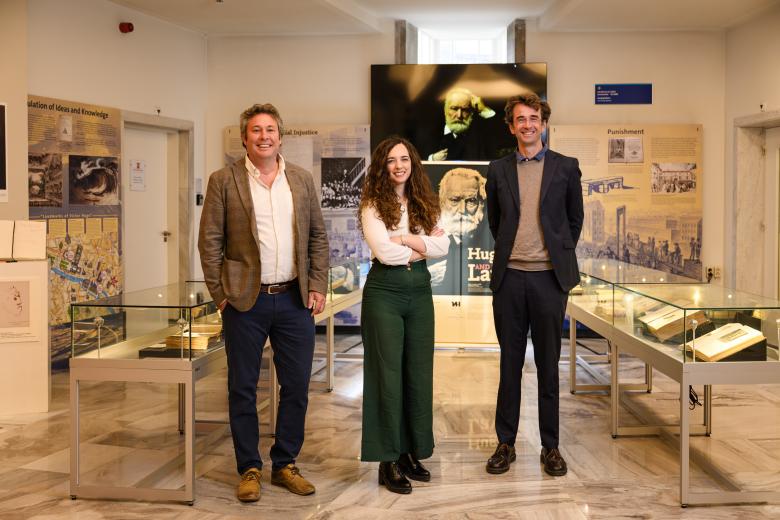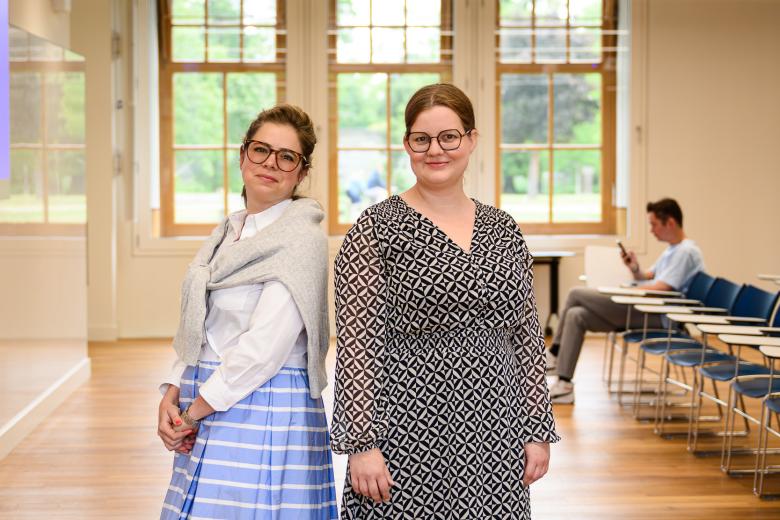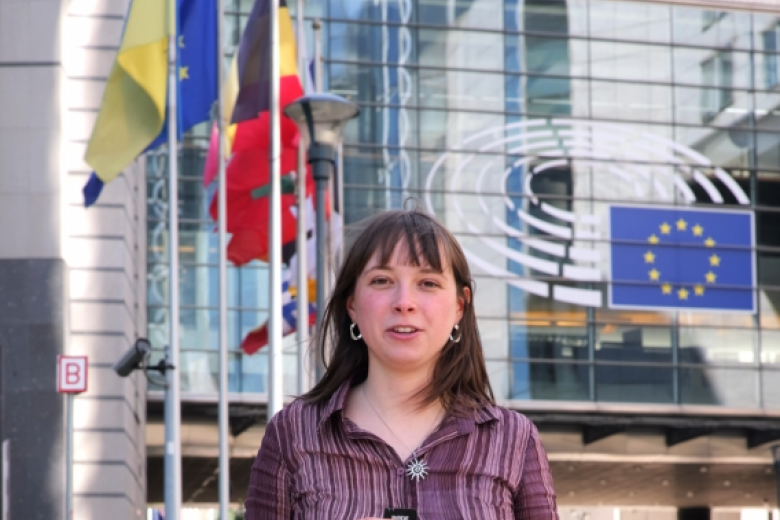Jordi Heijman nominated for the New Scientist Science Talent 2016
Jordi Heijman (FHML) is one of the twenty-five nominees for the New Scientist 2016 Science Talent (Wetenschapstalent) award. Heijman studies the mechanisms that cause cardiac arrhythmias. This knowledge can be used to more quickly determine which people have an increased risk for cardiac arrhythmias and can help researchers develop better treatment methods.
In his research, Heijman uses so-called 'patch clamp' experiments to measure the electrical properties of heart muscle cells. He is also developing computer models that can analyse these data. This leads to the creation of 'virtual heart cells', which can foster our understanding of complex interactions and help us make accurate predictions about the effects of certain medications, for example.
Eighteen universities in Belgium and the Netherlands nominated young and talented candidates in recent months. New Scientist selected twenty-five candidates based on these nominees. The winner of Science Talent 2016 will be determined by an online public vote and a jury vote and will receive a cash prize of 2,500 euros.
The winner will be announced on 22 September 2016. During the ceremony, the five highest-scoring nominees will present their research. Iris Sommer, Erik Scherder and Alexander Sack will also discuss the latest developments in the field of brain research.
The New Scientist Science Talent award was established last year to give young researchers the opportunity to present their research to a broad audience.
Also read
-
Where Law Meets Pop Culture: A Creative Space for Exploration
From hip-hop to Victor Hugo, and historical fiction to classic cinema: What do these things have in common with the study of law, you might think? At Maastricht University’s Faculty of Law, a growing group of researchers and students is exploring exactly that and even more.

-
Innovative Education in Personal and Family Law
Thanks to the SURF Incentive Scheme for Open and Online Education (still available at the time), Gwen Noteborn (university lecturer in personal and family law at Maastricht University), Claudia Hocks and Janneke Hendrix (lecturers in law at Zuyd University of Applied Sciences) were able to get...

-
Europe Day
To celebrate Europe Day on 9 May, FASoS student Lisa travelled to Brussels to meet with five of our inspiring alumni who are currently shaping European policy and advocacy. In this video, they share why Europe Day matters, how it’s celebrated in Brussels, and what the idea of Europe means to them.
